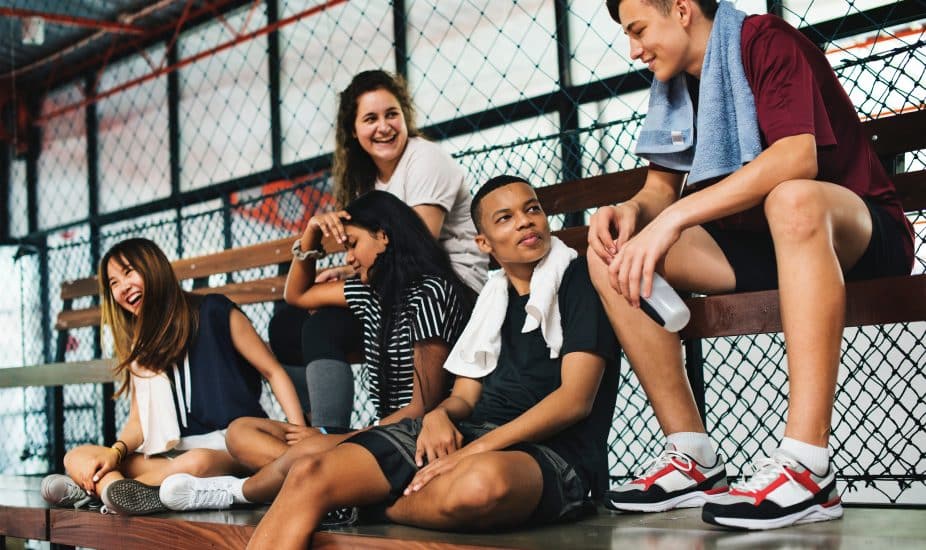Over hundreds of conversations with parents and educators about what they want for their kids/students, one thing has emerged above everything else: they want their kids to grow up and be happy. Sprinkled across the responses paints the picture of overall success and what we would generally call Emotional Intelligence.
Some have shared their specific desires for their kids or students to have the critical thinking skills needed to be successful in higher education and in a future career. Still, their desire for kids to grow up and lead happy lives is nearly unanimous.
But what makes for a happy life?
In a New York Times article, The Secrets to a Happy Life, From a Harvard Study, details the findings of an 85-year-long study that the Harvard Study of Adult Development has done to determine well-being patterns. In it, the director reports:
“Over and over in these 75 years,” Dr. Waldinger said, “our study has shown that the people who fared the best were the people who leaned into relationships with family, with friends and with community.”
According to their longitudinal research, living a good, healthy, and long life will result from our investment in establishing and cultivating healthy friendships throughout our lives.
So what if we put more emphasis on helping kids build friendships?
Lifelong happiness and fulfillment, of course, are the end goals. But parents and educators don’t just want long-term success; we also want kids to be happy and safe now. If you’re reading this carefully, then it should be no surprise that the essential key to keeping kids happy and safe as they grow up is the same: solid friendships.
Kids who feel known, supported, cared for, and have people they enjoy spending time with are more likely to make wise, healthy choices and avoid harmful ones.
How can we put more emphasis on guiding kids to put relationship-building front and center, as well as teaching them how to build healthy friendships?
As with anything, it starts with defining what success looks like and deciding to invest in it. Once you commit to helping kids build friendships, then you’ll see how important it is to model healthy relationships and talk about them.
You can’t learn about friendships through a fill-in-the-blank worksheet or a lecture. It’s something that you learn from experience; by watching and listening. We have to let kids in on our lives by inviting them to spend time with us and sharing stories with them.
Here’s the punch line: inevitably, prioritizing friendships as parents and educators will mean we must double down on our efforts to invest in the people we care about. If we want our kids to be safe, happy, and live fulfilling lives, we must teach them the importance of good relationships by modeling them for them.
How are your friendships? Who brings out the best in you? Who are the people you enjoy spending time with that perhaps you don’t do as often as you could or would like? Who would you like to build a stronger connection with? What will you do about it?

